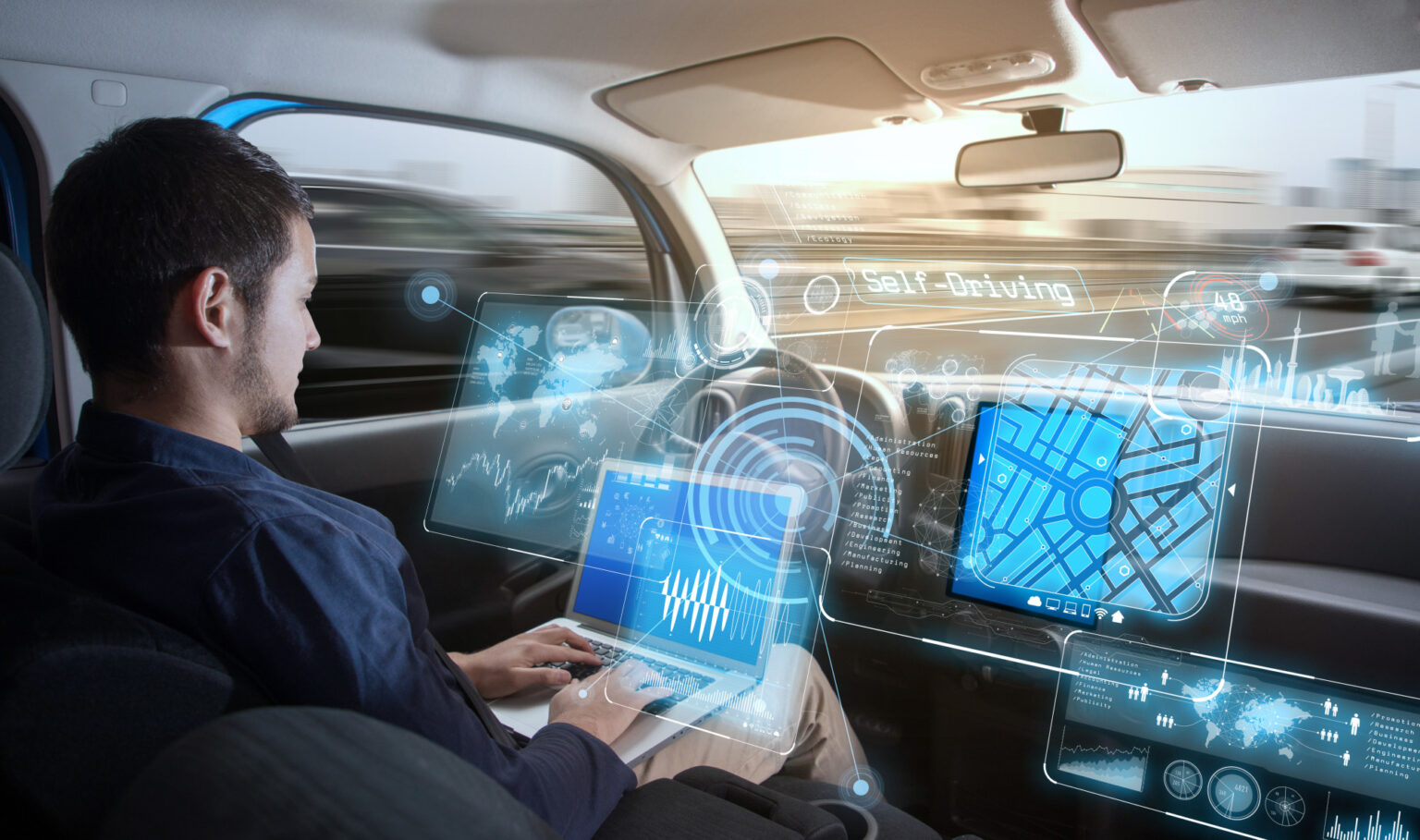
Are criminals using AI-powered cars for kidnapping scams?
Imagine your car being a treasure trove of secrets about you! Recent revelations from a study by the Mozilla Foundation have raised eyebrows and spurred conversations around personal privacy in the digital age. Dive into this investigation that is bringing the spotlight on the auto industry and their apparent slack privacy standards.
Through it all, we ask the question of whether or not your car is now capable of kidnapping you. Is the AI race to the top a scam?

Privacy Not So Private
As technology seamlessly integrates into every facet of our daily lives, our vehicles are not far behind. According to the recent study, a staggering eighty-four percent of the twenty-five car brands investigated have the potential to share or sell personal data of drivers to various entities, including data brokers and law enforcement agencies.
These vehicles are seemingly transforming into high-tech vaults, housing intimate details about individuals ranging from their health and genetic information to aspects of their personal life and preferences.
The study issued Privacy Not Included warnings for all the scrutinized car brands, pointing a glaring spotlight on the excessive collection of personal data. In comparison, other digital products such as smart home devices and mental health apps appeared to be more protective of user’s privacy, making the data vulnerability of vehicles notably concerning. Does that mean your car can kidnap you?

The Privacy Offenders
Mozilla Foundation, the powerhouse behind the popular Firefox browser, labeled the current state of vehicular privacy as nothing short of a ‘privacy nightmare’. Leading the pack in this dubious distinction are brands such as Tesla, Nissan, Hyundai, Cadillac, and GMC, which were identified as the top violators when it came to safeguarding driver privacy.
Almost ninety-two percent of these automotive giants have provisions to share user information with governmental agencies, even based on informal requests. The study further indicated that apart from two exceptions – Renault and Dacia – most brands offered negligible control to drivers over their personal data.
This lack of control also extends to the inability to delete personal data, creating a potential goldmine for data breaches and misuse.

Not So Private Parts
The report comes at a time when driving technology is undergoing rapid advancements, consequently raising pertinent questions about the implications of these developments on user privacy. Earlier this year, a rather alarming incident involving Tesla staff members sharing customer videos recorded through car dashcams, including rather graphic content, made headlines, intensifying the discourse on privacy.
A closer look reveals that most Tesla vehicles are equipped with eight to nine cameras, strategically placed in several areas to facilitate functionalities like self-driving and parking. However, these technological marvels have a flip side, as they inadvertently record and store vast amounts of data, including personal activities and locations visited. The million-dollar question remains: Are we trading convenience for privacy?

Taking Charge of Your Privacy
In the wake of these unsettling revelations, it becomes imperative to understand how one can retain a semblance of control over their personal data. According to Tesla’s privacy policy, users do have the option to disable some of these functions manually.
The settings allow users to turn off Sentry Mode, a feature launched in 2019 to monitor suspicious activity around the vehicles, and control dashcam footage recording to an extent.
However, the clarity on whether staff can access these recordings remains murky, with Tesla support maintaining that recordings are not shared with staff but stopping short of categorically denying access. This leaves customers navigating a complex labyrinth of settings and policies in an effort to safeguard their privacy.
So who’s to blame in this kidnapping conundrum? In this rapidly evolving landscape, where technology and privacy are often at loggerheads, it is crucial to stay informed and vigilant. As we steer towards an era of smart vehicles, one can’t help but wonder, is it time to redefine the boundaries of personal space and privacy in the digital age?







